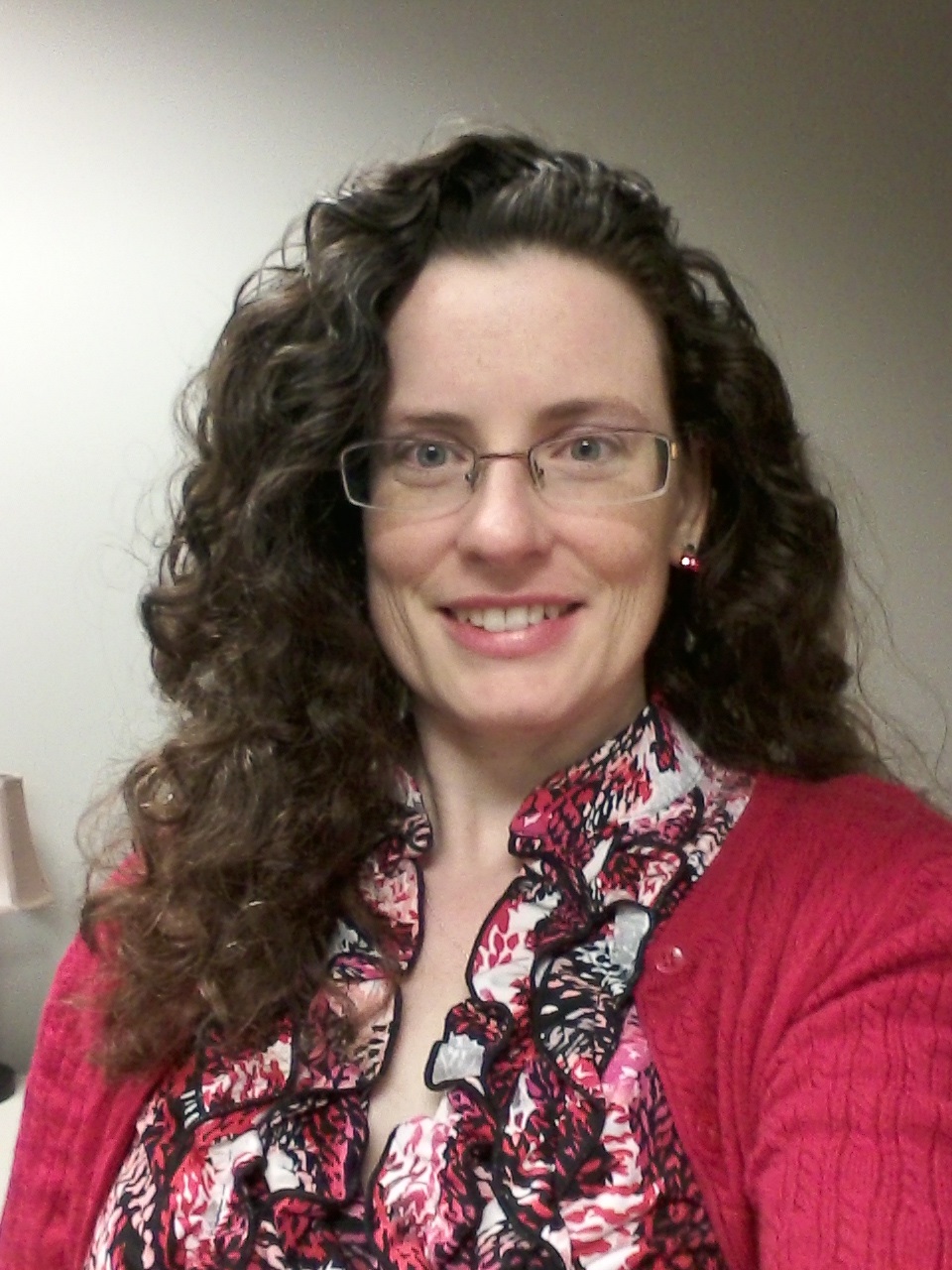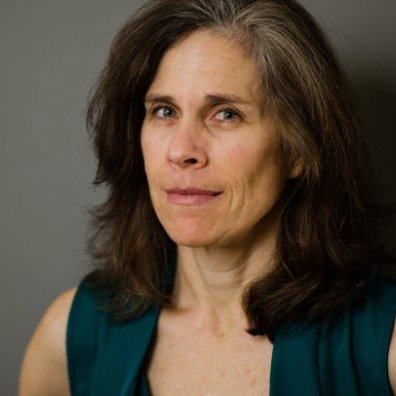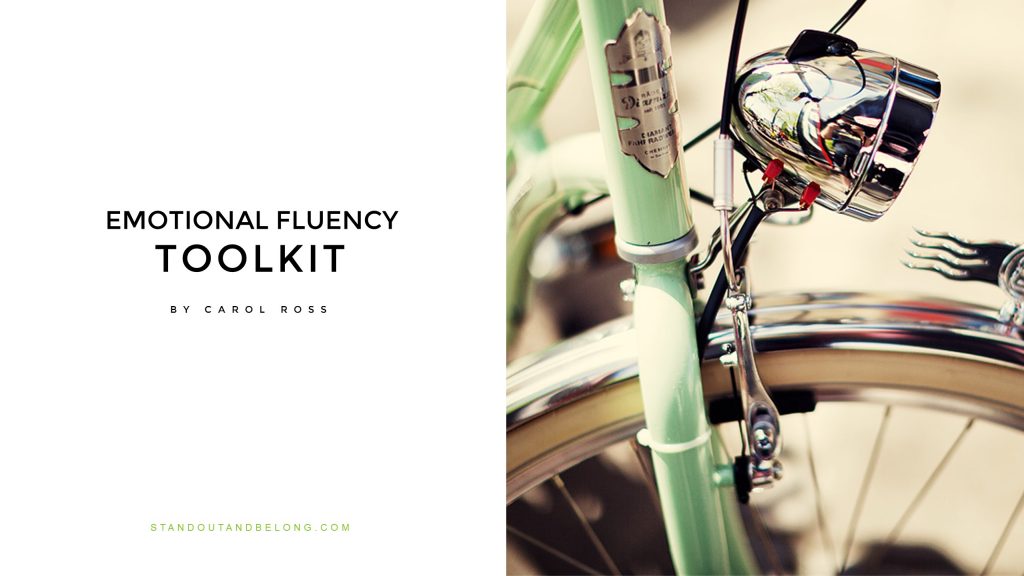What if…
- We brought more of ourselves into the workplace, not just for the sake of “feel good” energy but because it engages employees and creates remarkable results?
- We understood how to use our emotions productively, to work from “higher ground”?
- We focused on our “being” as much as our “doing”?
This is a vision that I have for workplaces, where our humanity is part of how we work, rather than relegated to our lunch hour.
I spent nearly two decades in large companies, working as an engineer, first in nuclear power and then in telecommunications. As a young engineer, I was eager to show that I was competent--that I could think through hard problems, execute on plans, and meet deadlines. I thought that if I was just smart enough and worked hard enough, I would be successful (whatever that means).
What I didn’t anticipate was the importance of “soft skills” at work.
The intellect could only take me so far. Instead of solely relying on my head, I needed to also use my heart.
Many years later, I’ve seen what happens when leaders bring all of themselves to work, both head and heart. What makes us human is what is essential to successful workplaces—creativity, holistic thinking, intuition, feeling. In a left-brained workplace centered around logic and analytics, we hunger for more of the emotional right brain. And when we feed this hunger, good things happen.

Contact me to find out how to develop Emotionally Fluent Leaders and Workplaces.
Interested in learning more about the power of emotions?
What Leaders are Saying
This is my third year working with Carol and I have grown immensely as a leader during our time together. As we explored a map of emotions, I came to understand the profound role that emotions, and particularly unexpressed emotions, were playing in my thought patterns and, ultimately, in informing my behavior. This understanding has been extremely valuable to me. I can now accept responsibility for my emotions and choose where (and who) I want to be as a leader.
--Kelly Reeser, Executive Director of Education, Peak to Peak Charter School

Emotions were demystified for the first time in my life. Emotions are not good or bad. There are not preferred emotions or unsightly emotions to cram into the closet so no one can see them. Emotions are not inferior to logic (this was an interesting lesson!) Emotions are, quite simply, a necessary part of our human experience. I was able to feel a wider range of emotions. Even better, I was able to accurately name and describe my emotions and then see emotions as valuable input. Emotions don't need to make the decisions, they don't need to be scary or avoided. They are simply good data, provided you have a way to detect, respond, and reframe the information provided. If you are looking to become adept at managing the emotional part of your humanity, this work is for you!
Lisa Schwaller, Chief Strategy and Learning Officer, StrengthsDetective

This is very deep and soul-searching work. I feel like I am back in touch with who I am at my core. My life situation hasn’t changed, but my reaction to it has totally shifted. I am now able to productively assess my emotions and motivations (or demotivations) and course-correct as necessary. I have a more robust suite of practical tools to help me get unstuck. I’m gentler with myself, too.
--Robin Pruitt

Whereas before I felt stuck in emotions and scenarios I thought I couldn't change without a whole heap of exhaustive, painful, self-denying mental work, I now sense that there is an easier way to move through these scenarios. A way that allows me to show my authentic self and use my natural assets in a satisfying way.
These days when confronted with a challenge, instead of panicking I think to myself: Oh, I get to experience sadness/anger/doubt for a spell, then I'll move on to something else, and this will be a great learning experience.
I sense there are new portals of opportunity existing in all facets of my life if I play with emotions; even places I thought were dead-ends or failures have a positive side.
--Cathy Riddle

